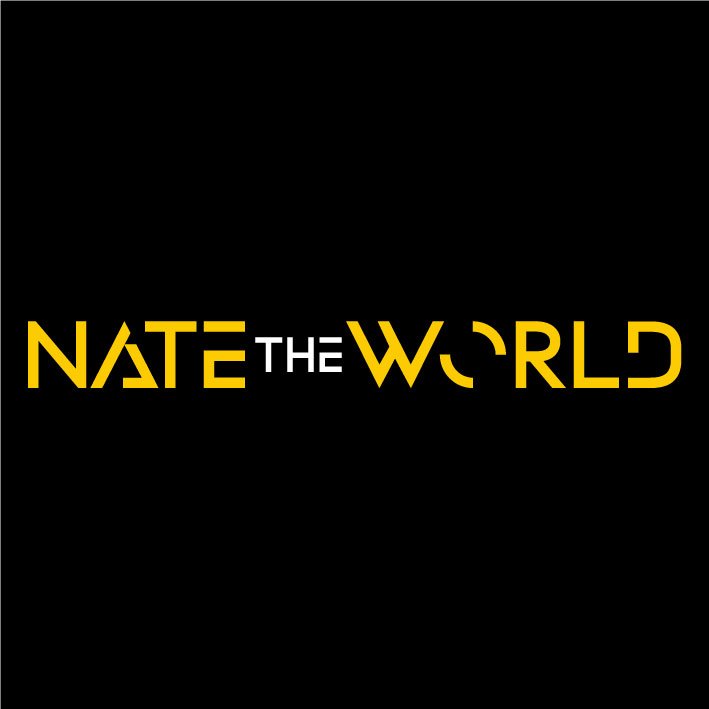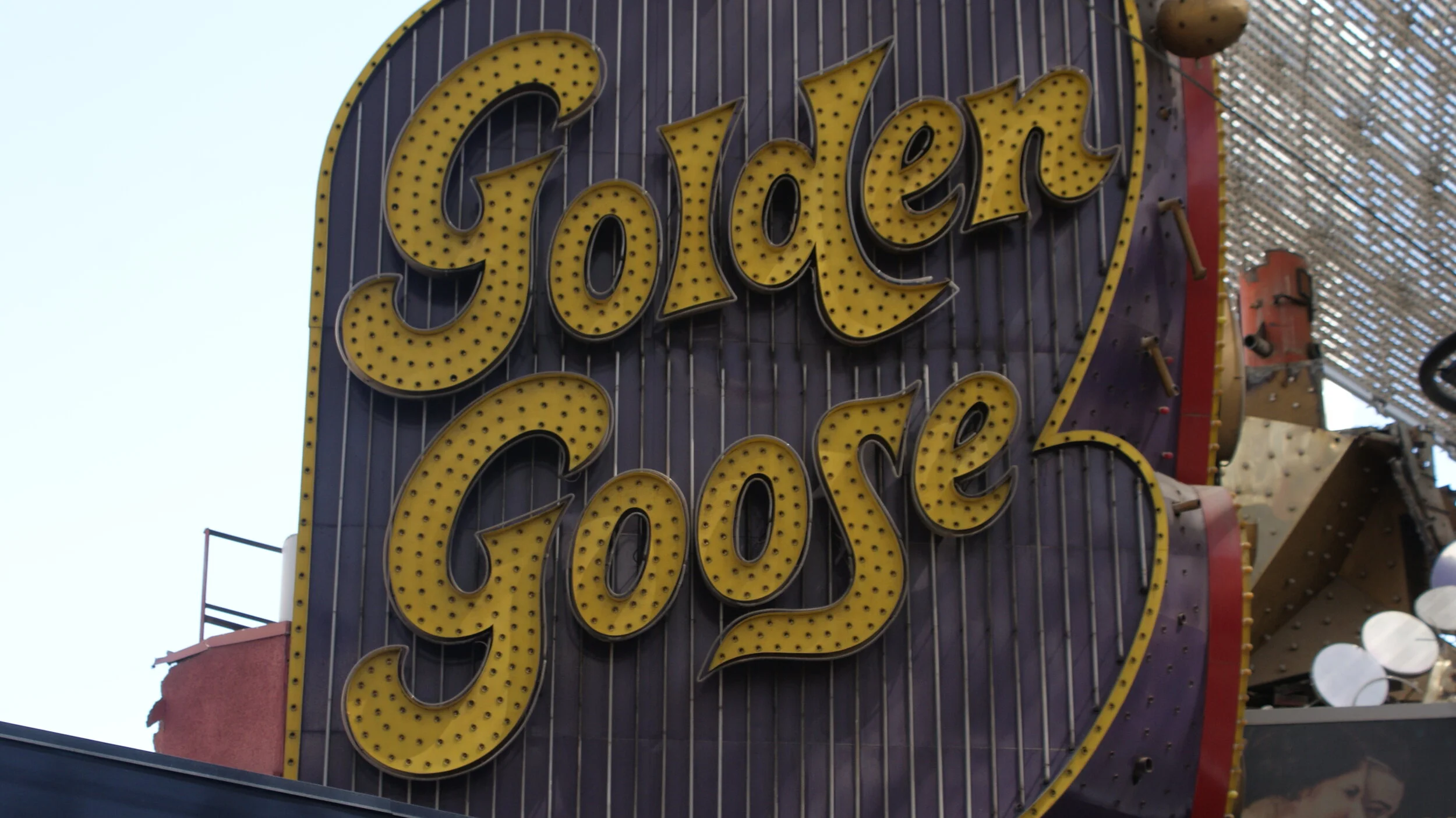Capitalism is an economic system based on private ownership of the means of production and their operation for profit. Central characteristics of capitalism include capital accumulation, competitive markets, a price system, private property, and the recognition of property rights, voluntary exchange, and wage labor.
The wealthy have an interesting relationship with capitalism.
Placed on a pedestal, they are revered as a true encapsulation of the American dream. Our economic system has benefited them the most and selected them as the victors. Those of us standing below them and in their shadow and are expected to look upon their place in society with a sense of jealously that gives way to determination. If we work really hard, save, invest, and make impossibly wise financial decisions, their success can be ours. We only need to want it bad enough.
Yet, I have never been wealthy. As I have said before, I have spent my entire life comfortably in the middle class. I do not know how the other half lives. I do not know their worries. I have no way of knowing what runs through their minds on a daily basis. I do not know how much they think of poverty or those occupying the rung of the ladder below them.
Still, I cannot help but wonder if they question our work ethic. Do they believe if we only worked as hard as they did, then we would be blessed in the same manner? Do they think of us as lazy, unskilled, or ill-equipped for true success?
Again, I have no way of knowing. I only have my experiences to guide me. And it is this experience I will use to guide me as I close this series and exploration of capitalism.
Once upon a time, I worked for a permanent supportive housing provider in Los Angeles, California. Our work was focused on housing and providing support services for chronically homeless men and women. My work was specifically focused on raising funds and amplifying our message to potential funders. This often meant providing tours to potential funders, answering their questions about homelessness, and introducing them to our version of a potential solution.
On a typical sunny Los Angeles day, this meant giving a tour to a family of considerable means. As we made our way around the property, we had a lovely conversation. They asked profound questions, were result-oriented, and seemed poised to make a sizeable investment. As we neared the end of the tour, we found ourselves overlooking Skid Row, an area with the highest concentration of homeless men and women in America. As I watched them visually digest the scene before them, a couple of questions immediately sprang to my mind…
Do they realize their privilege?
Are they oblivious to the pain of others?
With a single conversation between them and an accountant, they could move mountains. By stepping outside of their comfort zone and through the meticulously landscaped lawns of Beverly Hills, they could begin to understand the pain of others.
When it was all said and done, they got back in their foreign cars with their security detail and went home. Later, a check arrived. Not big enough to move mountains, but a step in the right direction.
Again, I have no way of knowing what they were thinking. I do not know what questions they were asking themselves. I do not know if they were questioning the very system that put them in their position.
All I know is this… For all its faults, our economic system is the greatest in the world. Yet, it creates winners and losers. It also creates gulfs of understanding between those with means and those without. Only by bravely volunteering to traverse those gulfs can we begin to understand each other. When on the other side, I am fairly confident we will draw conclusions about how the system can do a better job of lifting more boats.
With a four-part series now behind us and thousands of words read, that is all that I am asking.
Be good to each other,
Nathan
This website exists because of readers and supporters. If what you just read made you smile, please consider supporting the website with a monthly gift. Your support means everything and proves to the world that original content still matters.


